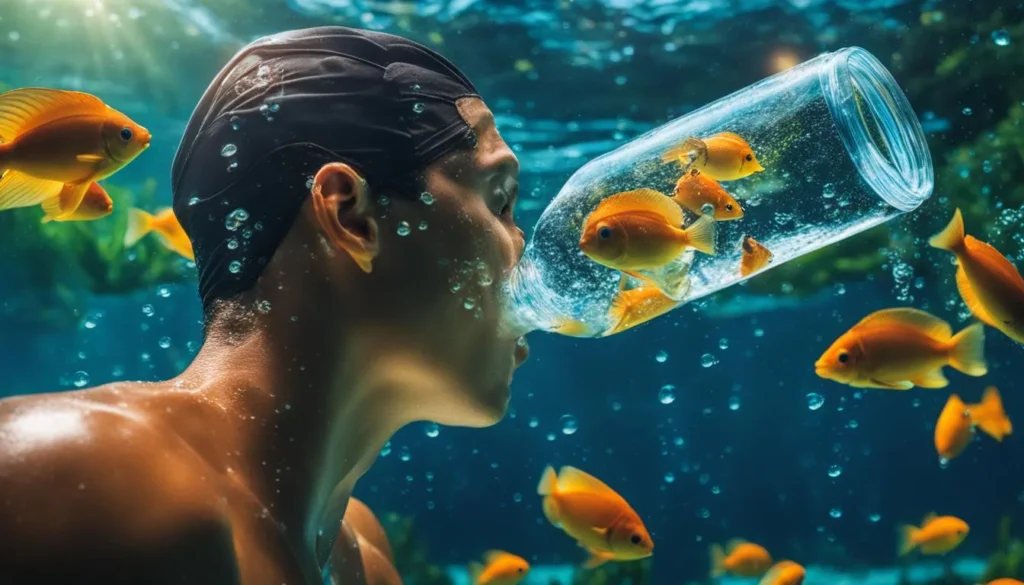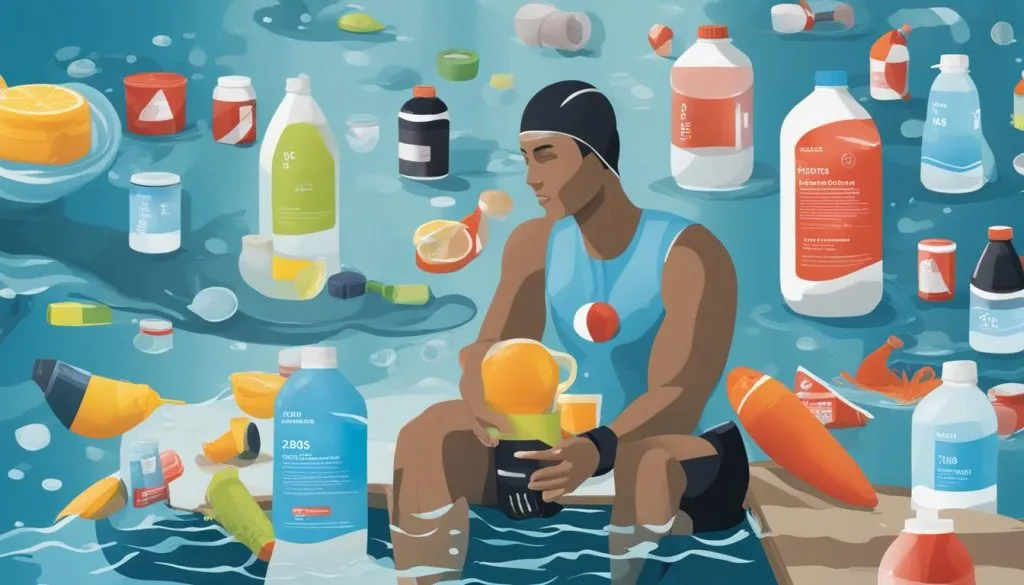Hydration is a crucial factor in achieving optimal performance in sports and physical activities. Moreover, adequate fluid intake before, during, and after exercise is essential for regulating body temperature, maintaining electrolyte balance, and supporting overall physiological function. Additionally, staying properly hydrated helps prevent dehydration, which can lead to decreased endurance, muscle cramps, and impaired cognitive function during exercise. Therefore, understanding the importance of hydration and implementing effective hydration strategies is vital for athletes and active individuals alike.

Establishing Hydration Goals
Setting hydration goals based on individual needs and activity levels is key to maintaining optimal performance. Moreover, athletes should aim to consume enough fluids to replace losses from sweating and ensure adequate hydration before, during, and after exercise. Additionally, monitoring urine color and frequency can help gauge hydration status, with pale yellow urine indicating proper hydration levels. Therefore, establishing personalized hydration goals ensures athletes maintain fluid balance and support optimal performance during training sessions and competitions.
Hydration Before Exercise
Pre-hydration before exercise is critical to ensure adequate fluid reserves and optimize performance. Moreover, drinking approximately 16-20 ounces (500-600 ml) of water or a sports drink 2-3 hours before exercise helps hydrate the body and supports optimal fluid balance. Additionally, consuming additional fluids (8-10 ounces or 250-300 ml) 10-20 minutes before exercise can further enhance hydration levels and prepare the body for physical activity. Therefore, prioritizing pre-exercise hydration ensures athletes begin their workouts adequately hydrated and ready to perform at their best.
Hydration During Exercise
Maintaining hydration during exercise is essential for sustaining performance and preventing dehydration. Moreover, athletes should drink fluids regularly during prolonged workouts or intense training sessions to replace fluids lost through sweat and minimize the risk of dehydration. Additionally, consuming 7-10 ounces (200-300 ml) of water or a sports drink every 10-20 minutes helps maintain hydration levels and supports endurance during physical activity. Therefore, practicing consistent fluid intake during exercise ensures athletes remain hydrated, maintain performance, and reduce the likelihood of heat-related illnesses.
Choosing the Right Fluids
Selecting the right fluids for hydration is crucial to support performance and replenish electrolytes lost through sweat. Moreover, water is generally sufficient for hydration during moderate-intensity exercise lasting less than 60 minutes. Additionally, sports drinks containing electrolytes such as sodium and potassium are beneficial for replenishing electrolyte losses during prolonged or intense workouts. Therefore, choosing fluids based on exercise duration, intensity, and sweat rate ensures athletes maintain proper hydration and electrolyte balance to support optimal performance and recovery.
Hydration After Exercise
Rehydrating after exercise is essential for promoting recovery, supporting muscle repair, and replenishing fluid and electrolyte losses. Moreover, athletes should drink approximately 16-24 ounces (500-750 ml) of fluids for every pound (0.5 kg) of body weight lost during exercise. Additionally, consuming a combination of water and electrolyte-rich fluids such as sports drinks helps restore hydration levels and supports post-exercise recovery. Therefore, prioritizing post-exercise hydration facilitates muscle recovery, reduces fatigue, and prepares athletes for subsequent training sessions or competitions.
Monitoring Hydration Status
Monitoring hydration status regularly helps athletes assess fluid needs and adjust hydration strategies accordingly. Moreover, paying attention to thirst cues, urine color, and body weight changes can provide valuable insights into hydration status and fluid requirements. Additionally, using hydration apps or tracking fluid intake throughout the day can help athletes meet their hydration goals and maintain optimal performance. Therefore, staying vigilant about hydration status and making adjustments based on individual needs ensures athletes remain properly hydrated and ready to perform at their peak.
Conclusion
In conclusion, maintaining optimal hydration is essential for achieving peak performance, supporting endurance, and promoting overall health in athletes and active individuals. Moreover, by understanding the importance of hydration, setting personalized hydration goals, and implementing effective hydration strategies before, during, and after exercise, athletes can enhance performance, prevent dehydration, and support recovery. Additionally, choosing the right fluids, monitoring hydration status, and prioritizing hydration as a fundamental aspect of training contribute to long-term success in sports and physical activities. Therefore, by incorporating these hydration tips into daily routines, athletes can optimize their hydration practices and maximize their potential in training, competition, and overall athletic performance.



